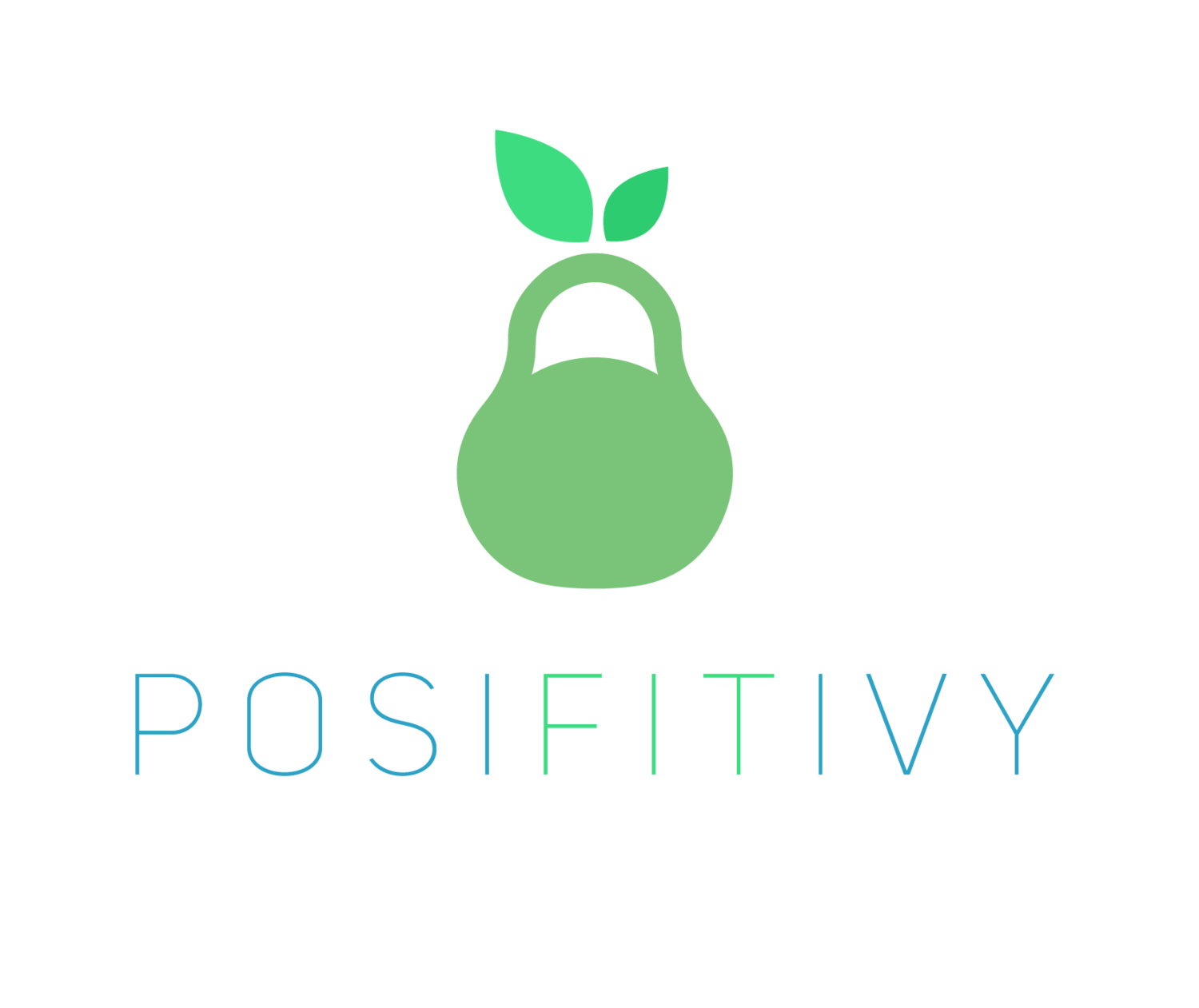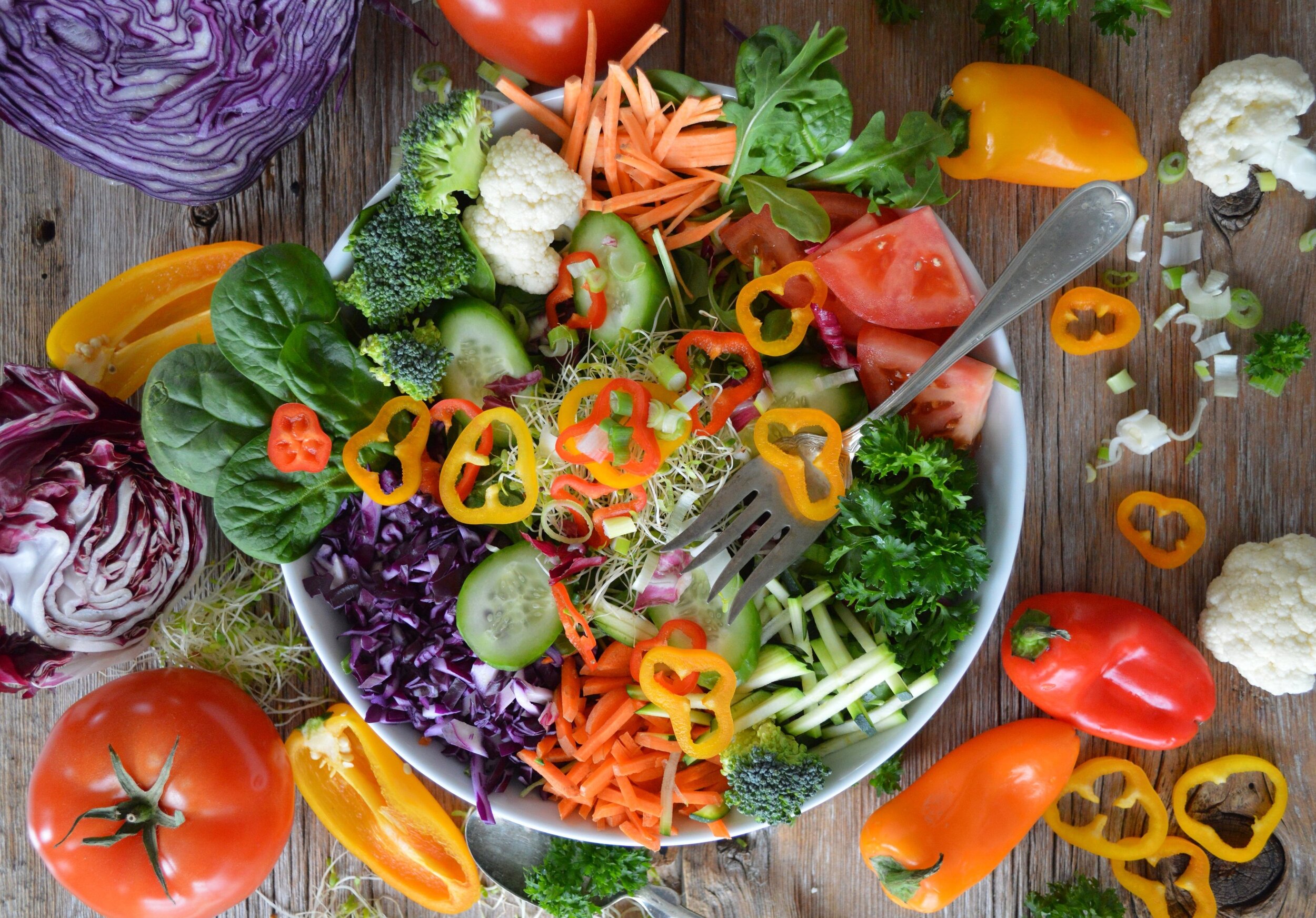why "moderation" doesn't work
It’s hard to make changes to your diet. It’s even harder to adhere to a rigorous regimen and avoid pleasurable, unhealthy foods. However, you may have had the all-too-familiar experience of committing to a new lifestyle, struggling to enjoy the foods on your plate, and backsliding into old habits. We have emotional and physical attachments to certain foods, and cutting the chord can seem impossible. In fact, we fall victim to the idea that without these foods, we can’t enjoy life.
You will naturally be very resistant to changing your habits, as we feel safest cocooned in familiarity. Health messaging tiptoes around this by suggesting that cutting corners (weekly cheat days, “moderation,” etcetera) will yield the results you want, but you don’t just want the physical benefits. You also want to feel free of cravings and the cycle of caving, starting over, and caving again. You want to be able to shed addictions and live comfortably with your new changes.
The reality is that such a state of contentment comes only after a period of commitment and struggle. You must give yourself the time and space to adjust to the new change, and avoid temptation, as indulgences will make the new existence seem less achievable. This is because ‘hyperpalatable’ foods (foods rich in fat, sugar, and/or salt) activate physiological reward pathways. In other words, changing your diet isn’t just a matter of resolve and willpower: at its core, it’s about training your body to adopt new habits. It involves allowing your tastebuds the time to become resensitized to whole, natural foods, and reinforcing new, healthy reward neurocircuitry. With every step you take towards an improved diet, with every craving you muscle through and overcome, you coach your brain (and tongue) to enjoy and crave better foods. Eventually, the challenging moments become easier, and finally, new habits make healthy eating a breeze.
It’s also important to examine the emotional component of our attachments to certain foods. For example, you may have grown up celebrating every birthday with a cake. Because of this, it may be hard to enjoy occasions without unhealthy indulgences in adulthood. Examining these associations and replacing them with healthier alternatives is also key to making a successful change. You may consider centering celebrations around experiences and loved ones instead of food.
Of course, all of this takes effort. The first step is a willingness to admit you have these attachments and addictions. The second is to ask yourself why. The third is to implement a plan to change, which will be rocky and rough, but worth it in the end. The more concrete your plan and the better you adhere to it, the faster your life (and habits) will change. Take a moment to visualize how your ideal state of health would feel, and use that as motivation to get started.
Ready to make the switch, but don’t know where to begin? Read my pieces on how to change your habits and how to start eating a whole-food, plant-based diet.
Questions or comments? Leave them below!



